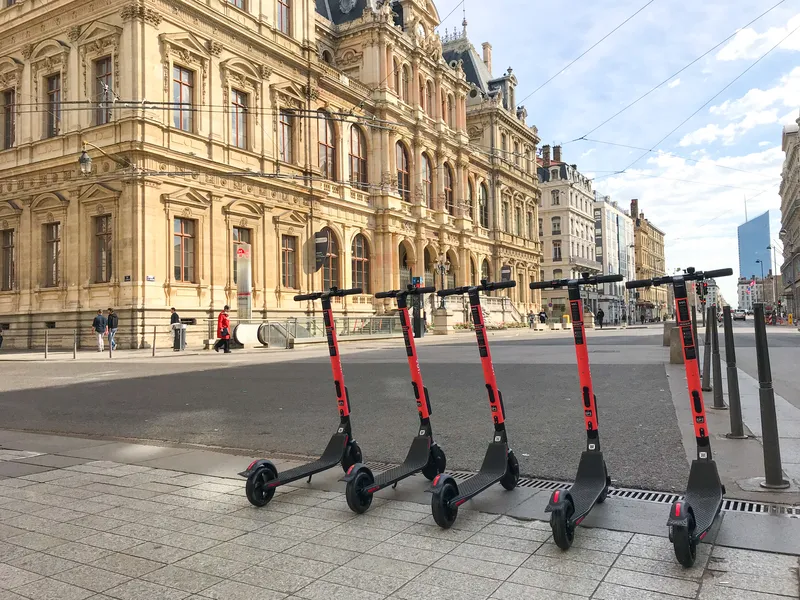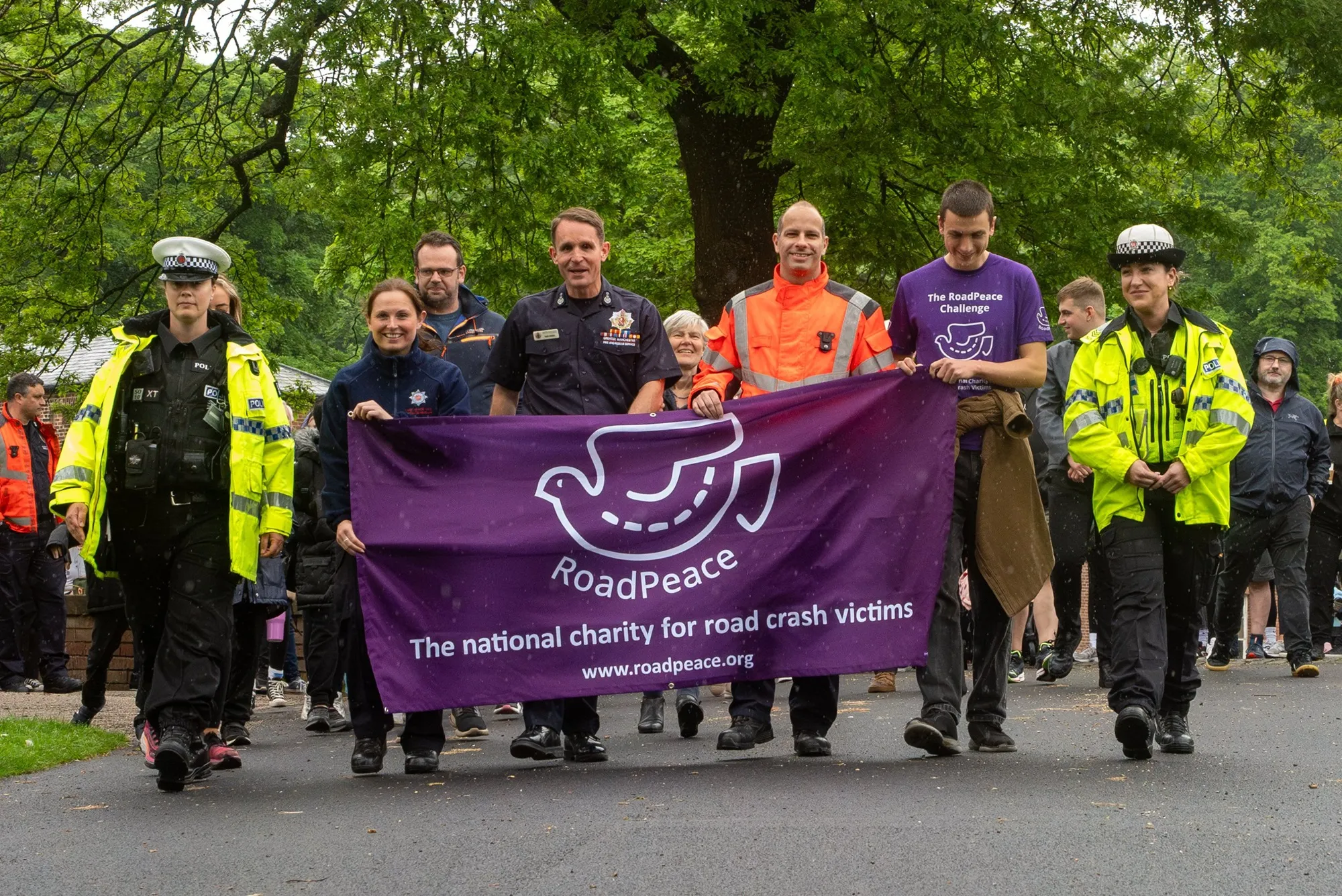
In a blog post, Lime has announced it is winding down and pausing its service in the US, UK and Norway. The company confirmed it is still operating in Abu Dhabi, the South Korean capital Seoul and Christchurch in New Zealand.
Brad Bao, founder of Lime, says the firm is now ramping up efforts to clean and disinfect its scooters more regularly as well as to distribute hand sanitiser in its offices and warehouses.
“We’re following the Centers for Disease Control (CDC), the World Health Organisation (WHO), federal agencies, and other global health organisations to collect the most up-to-the-minute information to ensure the actions we're taking are comprehensive and expedient,” he continues. “Based on this information, we will decide to continue, pause or suspend operations in certain markets.”
European firm Voi has put its operations on hold in most cities, but is still making its scooters available for those who work in hospitals and shops.
Voi's founder Fredrik Hjelm, says: “I feel now more than ever a collaborative approach is needed. Supporting communities is in Voi’s DNA, and we will continue to provide the cornerstones of society that still need to work with a safe way to move through European cities for as long as the situation allows.”
The company is still operating in the Finnish capital of Helsinki and Oslo in Norway as well as German cities such as Berlin, Hamburg, Nuremberg and Munich.
Micromobility competitor Bird is also monitoring advice from CDC and WHO.
Bird founder Travis VanderZanden says in a blog post: “We are working closely on a case by case basis with community leaders in each of our partner cities to determine the best course of action concerning pauses in service.”
Bird says it is now sanitising its vehicles more frequently each day while also sterilising its helmets. The company is also ramping up what it calls ‘Bird baths’ at local service centres and providing extra gloves for field service staff members and hand sanitiser for all employees.
Ford’s scooter company Spin is currently operating but keeping an ear to the ground on the latest updates from public health agencies.
Euwyn Derrick, founder at Spin, says in a blog post: “If we must reduce or suspend our service at any point during this outbreak, we will immediately notify our partners, employees, and our riders of this change.”
Spin is recommending riders disinfect the handlebars on scooters before and after taking a ride, use a hand sanitiser that contains at least 60% alcohol or wash hands with soap before and after a ride and wear gloves as a preventive measure.








